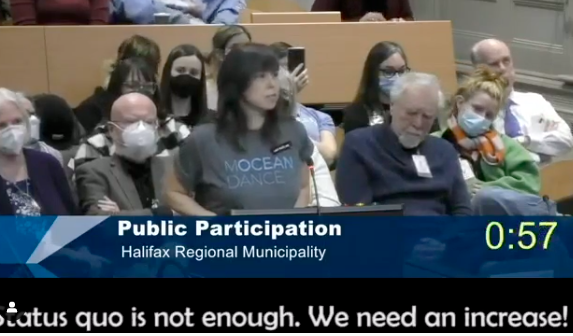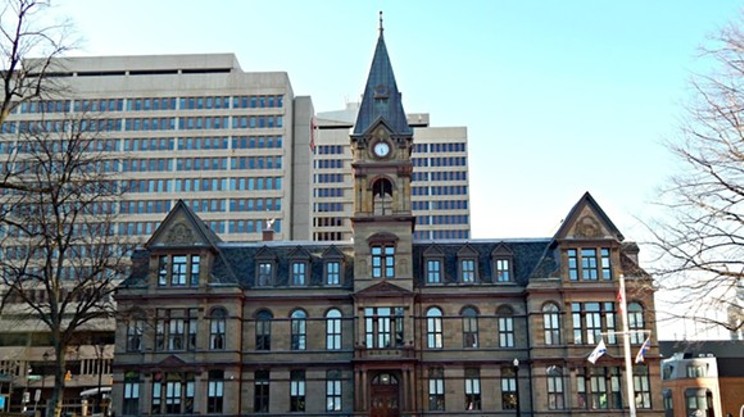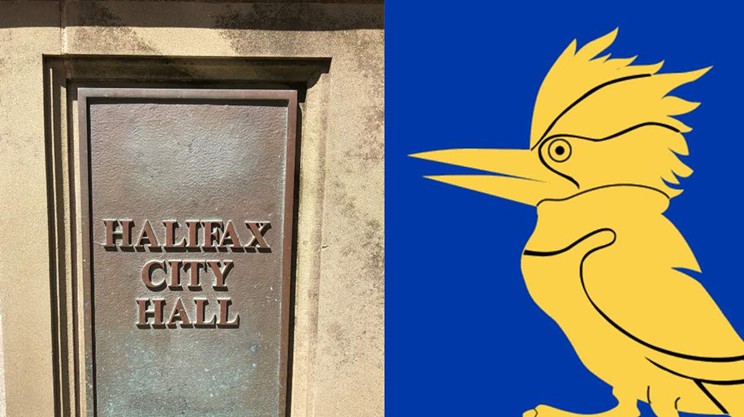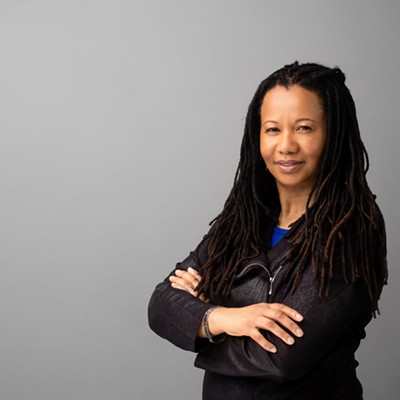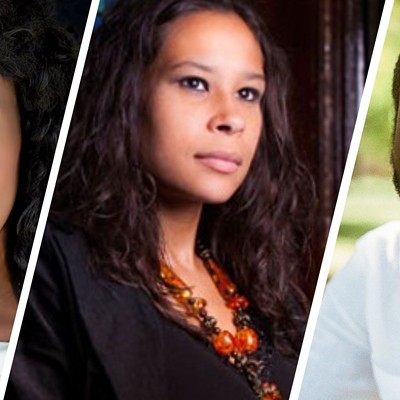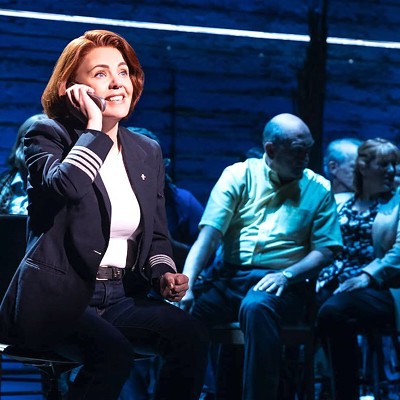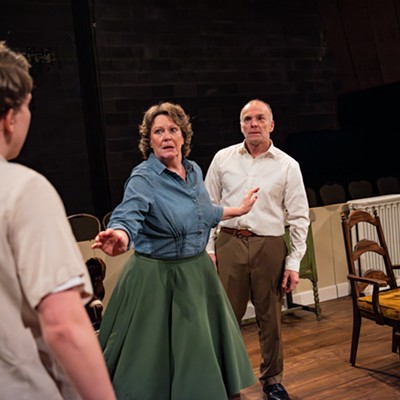“We don’t need to be cutting at this time, we need to be increasing at this time—and I think the councillors really heard that,” Susanne Chui, co-artisitc director of Mocean Dance tells me, speaking by phone days after she and about 30 other concerned citizens took to city hall to make a case against a proposed 55% cut to the arts that HRM’s council had been considering as part of its annual budget process.
As Chui and industry peers took turns at the mic, a refrain became apparent: Not only was allowing this proposed cut to go through a backwards step (it would have seen the city’s per capita arts investment fall from $1.16 to $0.53; The national average is $7). In fact, the chorus posited, it was time for council to think about how to grow its investment in a sector that’s been proven to employ more than the forestry industry, a sector that aids physical and mental health and a sector that makes Halifax a more vibrant place to live.
(It’s worth noting, Chui adds, that this is a value Halifax has understood in the past, having formed committees to discuss funding increases for the arts in 2013 that aimed for Halifax to reach national parity by 2018. “This is not a vision we invented,” she says. “This is a vision we created with council for the past decade.”)
Chui’s feeling that the councillors heard them seems the right read on things: Waye Mason proposed a $125,000 increase to arts funding (an annually recurring amount, earmarked for grants) for next year’s budget this Wednesday, four days after the group’s appeal. The move killed the threat of a 55% cut that would have made Halifax one of Canada’s worst-funded cities for the arts. But, it’s still a long way off from having our city catch up with the national average. (Mason’s proposed increase will be official once the budget is voted on in its entirety, a process that will happen in March.)
As Stephanie Domet, co-executive director of the AfterWords Literary Festival and member of the Greater Halifax Arts Coalition, told me last week when discussing the proposed 55% cut: “I do think that this is a moment for us to think about the place we want to live in. Where do we want to live? What do we want this place to be like? What do we want to prioritize?”
It’s a sentiment Chui echoes: “The big tone last Friday was that we were all just shocked, essentially, because we’re barely funded as it is,” she says. “And then the bigger message, like Raven Davis”—the noted multidisciplinary artist—“said it perfectly: Like ‘We’re not here fighting for breadcrumbs. We're here because we want a bakery so we can bake bread for the community,’” Chui quotes Davis.
“We're talking today about costs,” she adds. “But the bigger conversation is about continuing along the path of increases and getting to the point where Halifax is on par with other similar-sized councils around the country that are supporting on a per capita basis much, much higher than Halifax.”

